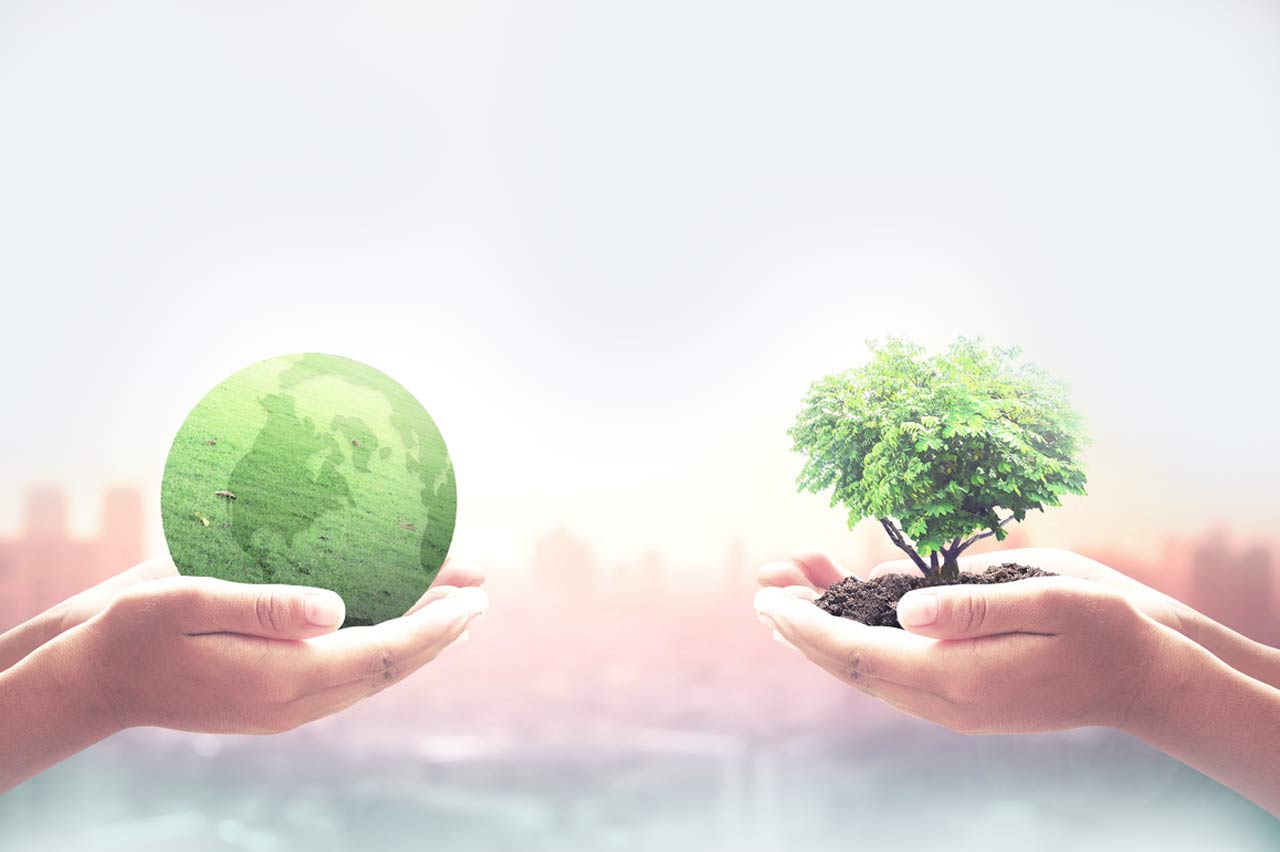Plastic Pyrolysis
Plastic Pyrolysis
Plastic pyrolysis is a chemical recycling process that converts waste plastic into valuable products like fuel, gas, & chemicals. This process involves the thermal decomposition of plastic materials in the absence of oxygen, breaking down long-chain polymer molecules into smaller, more useful compounds.

ADVANTAGES
Slow Pyrolysis
This method involves slow heating and longer residence times, typically producing more solid residue (char) and less liquid fuel.
Fast Pyrolysis
Rapid heating and short residence times are used to maximize liquid fuel production. This is the most common type used for plastic pyrolysis.
Flash Pyrolysis
An even faster process, aiming to maximize the production of gaseous products.
APPLICATIONS
Waste Reduction
The process converts waste plastics into valuable fuels and chemicals, contributing to energy recovery and circular economy initiatives.
Energy Recovery
The process converts waste plastics into valuable fuels and chemicals, contributing to energy recovery and circular economy initiatives.
Environmental Impact
By converting waste plastics into usable products, pyrolysis reduces the environmental pollution associated with plastic waste.

